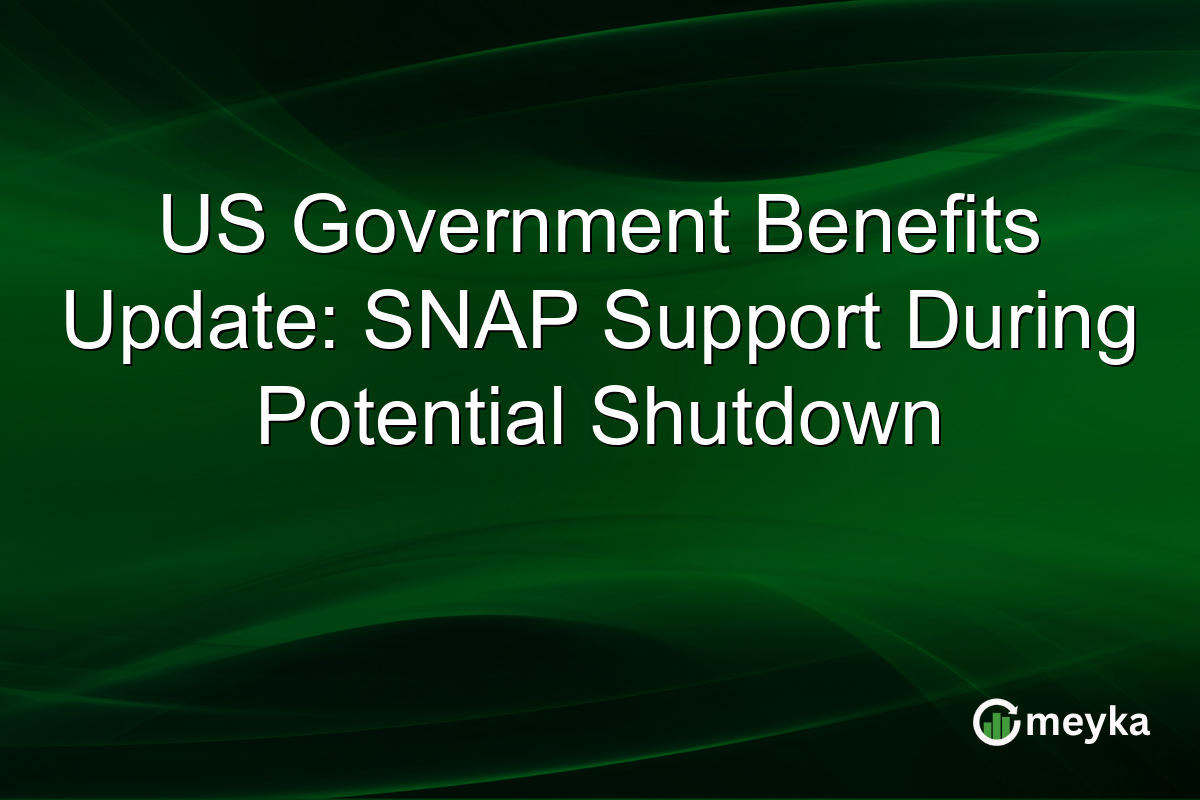US Government Benefits Update: SNAP Support During Potential Shutdown
With a potential government shutdown looming, concerns are rising over the delay in SNAP benefits and its impact on recipients. The Supplemental Nutrition Assistance Program (SNAP) provides essential food benefits to millions of Americans, and any disruption could significantly affect those dependent on this aid. In response, the state of Iowa has proactively announced support for local food banks, aiming to mitigate the impact of any federal delays. This article explores the broader implications of US government benefits disruptions, focusing on Iowa’s strategies and recipient realities.
Continue Reading on Meyka
This article is available in full on our main platform. Get access to complete analysis, stock insights, and more.
Read Full Article →





